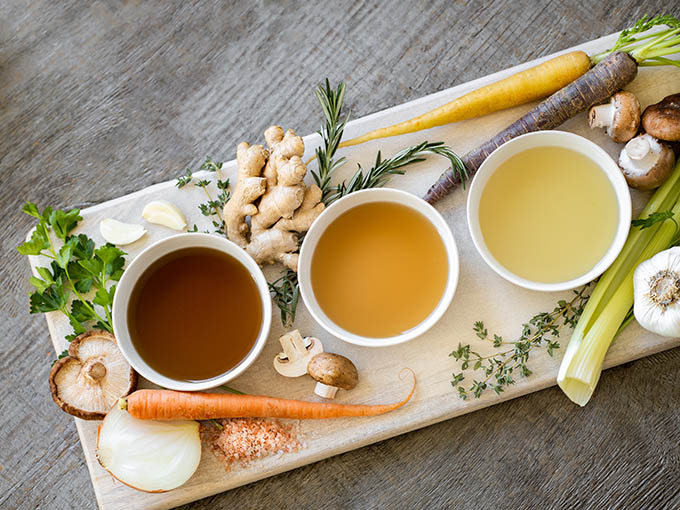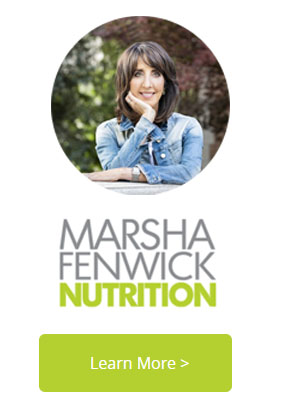Boosting Your Immunity: A Guide for Cold and Flu Season
As the temperatures drop and the days grow shorter, the inevitable arrival of cold and flu season looms. The good news is that there are proactive steps you can take to help strengthen your immune system and manage stress to help prevent illness. Let’s explore a variety of strategies and lifestyle changes that will help you to navigate the season with resilience and vitality.
Understanding the Immune System
Before delving into immunity-boosting strategies, it’s crucial to understand the basics of the immune system. The immune system is a complex network of cells, tissues, and organs working together to defend the body against harmful invaders, such as viruses and bacteria. When this system is strong and well-functioning, it can effectively identify and eliminate threats, reducing the likelihood of infections.
Nutritional Foundations:
- Eat a Rainbow: To support a robust immune system, focus on a diverse and colorful diet. Fruits and vegetables of different hues provide a range of vitamins, minerals, and antioxidants essential for immune function. Vitamins like A, C, and E, as well as minerals like zinc, play pivotal roles in maintaining a healthy immune response.
- Power of Probiotics: Gut health is intimately connected to overall immune function. Incorporate probiotic-rich foods like yogurt, kefir, sauerkraut, and kimchi into your diet. These foods promote a balanced gut microbiome, fostering an environment where the immune system can thrive.
- Quality Proteins: Adequate protein intake is crucial for immune health. Include sources of high quality proteins such as eggs, poultry, fish, tofu, hemp hearts and legumes in your meals. Protein provides the building blocks for immune cells and antibodies, enhancing the body’s ability to fight infections.
- Eat nutritiously to help with energy and focus on quality sleep: I know that for the first few weeks in Oct I was not doing well and have redirected myself with much noticed positive change!

Lifestyle Habits for Immunity:
- Prioritize Sleep: Quality sleep is a cornerstone of a healthy immune system. Aim for 7-9 hours of uninterrupted sleep each night. During deep sleep, the body releases cytokines, proteins crucial for immune function and regulation.
- Manage Stress: Chronic stress can weaken the immune system, making you more susceptible to infections. Incorporate stress-reducing practices like meditation, deep breathing, yoga, or regular exercise into your routine. View more tips from my Wellness Retreat here >
- Regular Exercise: Engaging in moderate, regular exercise has been shown to enhance immune function. Aim for at least 150 minutes of moderate-intensity exercise per week. This could include activities such as brisk walking, jogging, cycling, or swimming.
- Hydration is Key: Staying hydrated is essential for overall health and immune function. Water helps flush toxins from the body and supports the optimal functioning of immune cells. Aim to drink at least eight 8-ounce glasses of water daily.
Immune-Boosting Supplements:
- Vitamin D: Adequate levels of vitamin D are crucial for a well-functioning immune system. During the colder months, when sunlight exposure may be limited, consider taking a vitamin D supplement. Consult with a healthcare professional to determine the appropriate dosage.
- Vitamin C: Vitamin C is known for its immune-boosting properties. While it’s found in various fruits and vegetables, supplementing with vitamin C during cold and flu season can be beneficial. Ensure you’re getting an adequate amount to support your immune health.
- Zinc: Zinc is a mineral essential for immune function. It can be found in foods like meat, dairy, and nuts, but if your diet is lacking, consider a zinc supplement. However, consult with a healthcare provider to avoid excess intake.

Herbal Support:
- Echinacea: Echinacea is a popular herb known for its immune-boosting properties. It’s often used at the onset of cold symptoms to reduce their severity and duration.
- Garlic: Garlic has antimicrobial and immune-stimulating properties. Incorporate fresh garlic into your meals or consider a garlic supplement to support immune health.
- Elderberry: Elderberry is rich in antioxidants and has been used traditionally to boost the immune system. Consider taking elderberry supplements or consuming elderberry syrup during the cold and flu season.
- Curcumin, the active compound in turmeric is anti-inflammatory and has higher antioxidant levels than both Vitamin C and E.
- Ginger is not only anti-inflammatory, it has anti-bacterial properties and aids digestion.
Hygiene Practices:
- Hand Hygiene: Frequent handwashing is one of the simplest and most effective ways to prevent the spread of infections. Wash your hands thoroughly with soap and water for at least 20 seconds, especially after being in public spaces.
- Respiratory Etiquette: Practice good respiratory hygiene by covering your mouth and nose with a tissue or your elbow when you cough or sneeze. Dispose of tissues promptly and wash your hands immediately.
- Clean and Disinfect: Regularly clean and disinfect frequently-touched surfaces in your home, such as doorknobs, light switches, and countertops. This helps prevent the spread of viruses and bacteria.
As cold and flu season approaches, taking a proactive approach to immune health is essential. By adopting a combination of nutritional strategies, lifestyle habits, supplements, herbal support, and hygiene practices, you can fortify your defenses and reduce the risk of falling ill. With a strong immune system, you can face the challenges of the season with confidence, knowing that you’ve taken steps to prioritize your well-being.
*It is important to note that each individual needs and responses to these strategies may vary and a personalized nutritional approach is recommended as always. Contact Marsha for a nutritional consultation today.
Marsha Fenwick, C.N.P. R.R.T.
Marsha is not your typical nutritionist. She began her career 20 years ago as a Registered Respiratory Therapist. Later, she earned her certifications as a Registered Nutritional Consultant Practitioner, Certified Nutritional Practitioner, and Registered Orthomolecular Health Practitioner. Marsha is also a Certified Cancer Coach. Her clinical practice specializes in: sustainable healthy weight loss, digestive health, women's hormones, diabetes, heart health, and cancer prevention and recovery. For more information and to book a FREE 15 minute consultation go to www.marshafenwicknutrition.com







